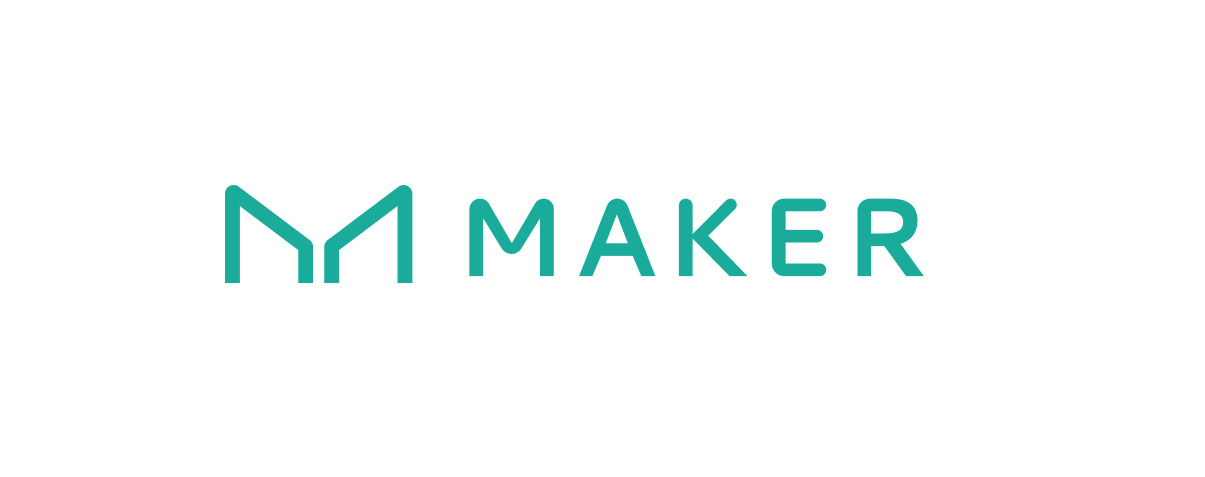
Uniswap DAO
Uniswap is a decentralized finance (DeFi) protocol for swapping cryptocurrencies across multiple Ethereum-compatible chains.
Overview
Uniswap is a leading decentralized exchange (DEX) protocol that enables users to swap cryptocurrencies directly on-chain without intermediaries. It operates primarily on Ethereum but also supports multiple Layer 2 and sidechain networks including Base, Arbitrum, Polygon, and Unichain. The protocol uses automated market maker (AMM) technology to facilitate liquidity pools, allowing anyone to provide liquidity and earn fees. Uniswap’s open-source smart contracts and developer SDKs make it a foundational tool for DeFi developers building decentralized applications and financial products.
The platform addresses common issues in centralized exchanges such as custody risks, censorship, and lack of transparency. Its permissionless design allows seamless token swaps and liquidity provision with minimal friction. Uniswap’s governance system, powered by the UNI token, enables community-driven protocol upgrades and parameter changes through on-chain voting mechanisms. This decentralized governance model helps maintain protocol security and adaptability.
Developers can integrate Uniswap’s SDKs and APIs to build custom trading interfaces, liquidity management tools, and analytics dashboards. The protocol’s modular architecture and comprehensive documentation support rapid integration and experimentation. Uniswap’s broad adoption, with over one million users and billions in daily trading volume, demonstrates its reliability and scalability. Teams can get started by accessing the open-source SDKs on GitHub, exploring the detailed developer docs, and participating in governance via the official forums and voting portals.
The Problem
Centralized exchanges pose risks such as custody vulnerabilities, censorship, and lack of transparency. Users and developers need a decentralized, trustless way to swap tokens and provide liquidity without intermediaries.
The Solution
Key Features
Open-Source SDKs and APIs
Comprehensive developer tools for integrating swaps, liquidity pools, and analytics into custom applications.
Uniswap DAO Alternatives
Explore web3 competitors and apps like Uniswap DAO.

Firebird Finance
Pricing
Free | |
|---|---|
| Price (Monthly) | Free |
| Price (Annual) | Free |
| Messaging | N/A |
| Support | Community support via Discord and GitHub |
| Analytics |
Start Building Now
Reliable RPC, powerful APIs, and zero hassle.
Resources
Uniswap provides extensive resources including detailed documentation, governance guides, SDKs, APIs, and community channels to support developers and users.










